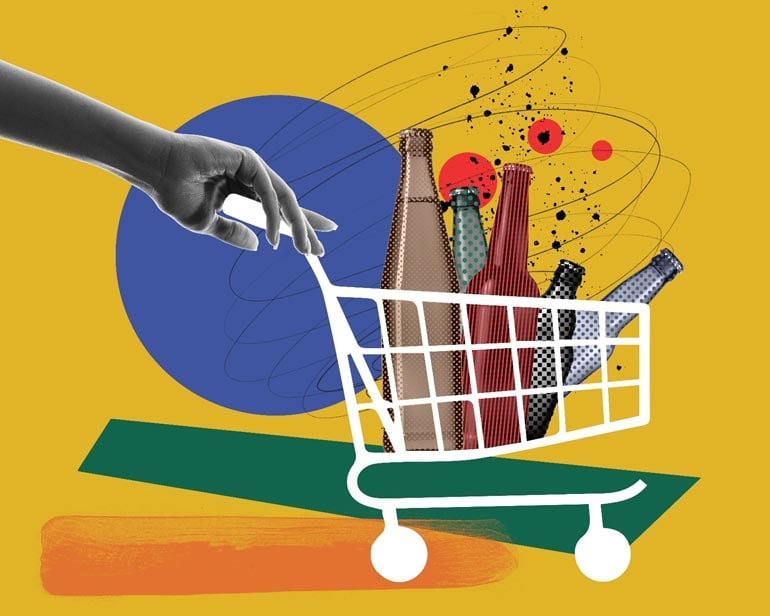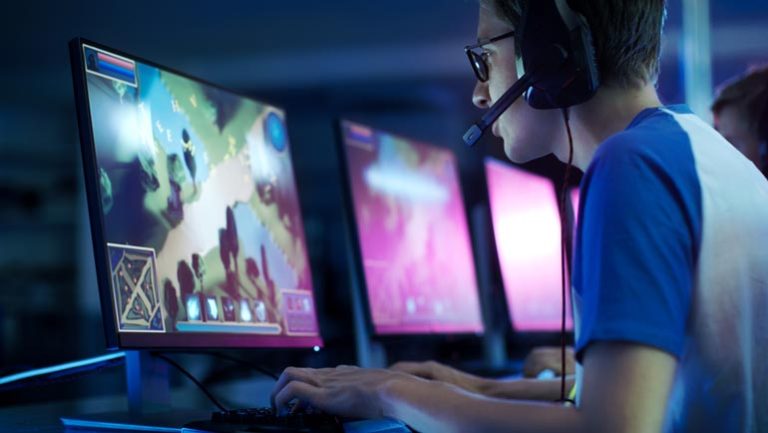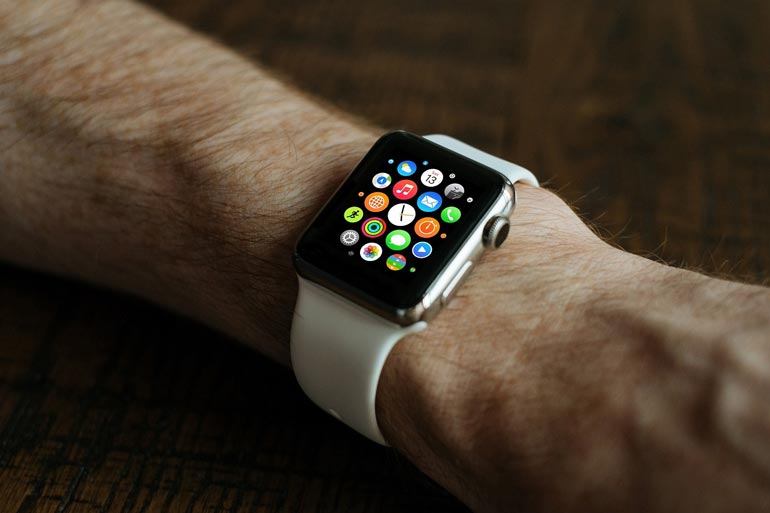The AI Brewers: A High-Tech Quest for the Perfect Pint
Discover how AI is revolutionizing the brewing industry in Belgium by helping scientists craft the perfect beer. Explore the innovative research led by Professor Kevin Verstrepen at KU Leuven, combining chemical analysis and machine learning to unlock new flavor possibilities. Learn how AI enhances traditional brewing techniques without replacing the human touch.

Imagine a world where artificial intelligence (AI) isn’t just recommending movies or telling you how to cook your favorite recipe, but also crafting your next favorite beverage.
In the heart of Belgium, a team of researchers is doing just that – harnessing the power of AI to unlock the secrets of brewing perfection.
But how exactly are they doing this? This article aims to find out.
An innovative quest
The secrets of great-tasting beer have haunted brewers for centuries, but some scientists are finding that AI can help them perfect the art.
You may be used to asking the likes of ChatGPT random questions like how sparrows make their nests or which online casino bonus is best value, but these academics believe it can solve much more complex problems than those.
Professor Kevin Verstrepen, a scientist at KU Leuven, leads this innovative quest. He believes AI can help unlock the complex puzzle of human taste perception, specifically when it comes to beer.
Unlike a simple glass of water, beer boasts a symphony of hundreds of aroma molecules that tantalize our taste buds and olfactory senses. But the real magic lies in how these molecules interact, creating a unique flavor profile for each brew.
The science behind great-tasting beer
Like with all great scientific experiments, finding the chemical reaction that leads to a marvellous alcoholic brew required a lot of work.
Verstrepen’s team embarked on a multi-year odyssey. They analyzed the chemical composition of 250 Belgian beers, representing 22 styles – from crisp lagers to fruited delights and complex Trappist ales.
Every detail was scrutinized, from alcohol content and pH levels to the presence of over 200 flavor-influencing compounds like fruity esters produced by yeast and hoppy terpenoids – a scientific name for a type of organic chemical.
But understanding the chemistry was only half the battle. To capture the human experience, a dedicated tasting panel of 16 individuals spent three years sampling and scoring each beer across 50 different attributes, from hoppiness to sweetness and acidity. It was a hard job, but someone had to do it.
The researchers didn’t stop there. They delved into the world of online beer reviews and recommendations, analyzing 180,000 entries on popular consumer platforms. This vast data set helped them understand how personal tastes (including biases towards price) played a role in perception.
But more importantly, it revealed a fascinating correlation between online reviews for bitterness, sweetness, and other sensory aspects and the ratings from the in-house tasting panel.
The all-important results
The analysis revealed a crucial insight – tiny tweaks in a beer’s chemical composition can have a dramatic impact on taste.
Even traditionally unpopular molecules could become contributors when present in the right combination and at optimal concentrations. This surprised the researchers and opened the doors to new flavor possibilities.
This mountain of data became the fuel for their AI engine. Using machine learning algorithms, they built sophisticated models capable of predicting a beer’s taste and consumer appreciation based solely on its chemical makeup.
Armed with these models, the researchers started a practical experiment. They took an existing commercial beer and, based on the AI’s predictions, added specific elements like lactic acid and glycerol to it – molecules identified as the important factors in a beer drinker’s enjoyment.
The results were groundbreaking. The tasting panel confirmed that the AI-enhanced beer received higher ratings for both the alcoholic and non-alcoholic versions.
Metrics like sweetness, body, and overall appreciation all saw positive shifts.
Human brewers will still play a big role
It may sound like robots are set to take over even when it comes to the sensitive subject of human taste. Human brewers might even be at risk.
However, Verstrepen emphasizes that while AI provides powerful tools, it’s not about replacing the brewer’s artistry. “The AI models predict the chemical changes, but it’s still up to the brewers to translate that into reality through recipe tweaks and brewing techniques,” he clarified in a media interview.
This research paves the way for a future where AI serves as a brewer’s trusted assistant, offering insights to fine-tune flavors, which could revolutionize the world of non-alcoholic beers.
So, while the next time you raise a glass, you might be celebrating not just the brewer’s skill but also the silent contribution of AI, the high-tech partner in the quest for the perfect pint.
















Comments 0
No Readers' Pick yet.